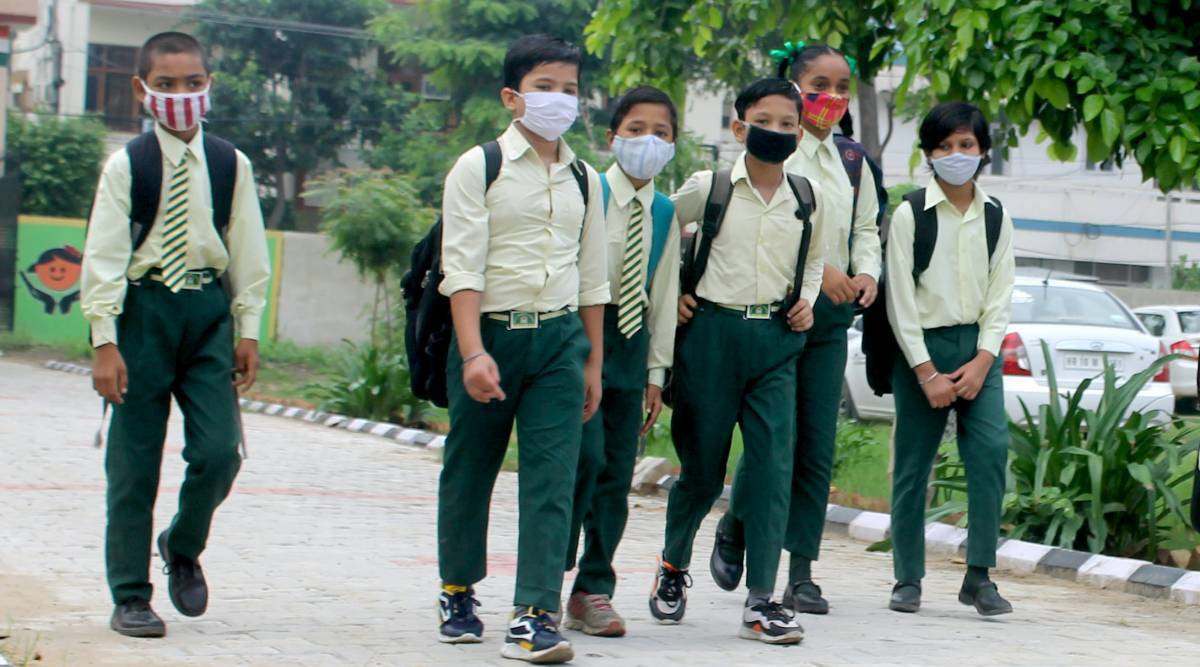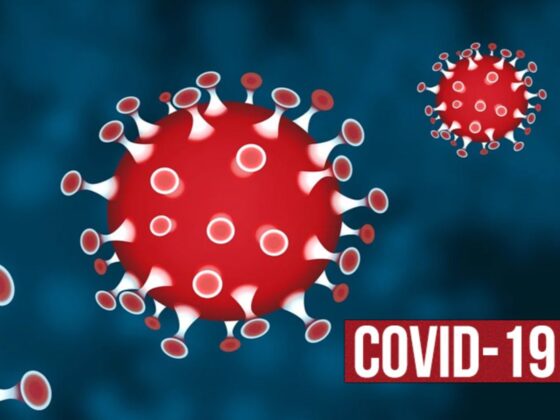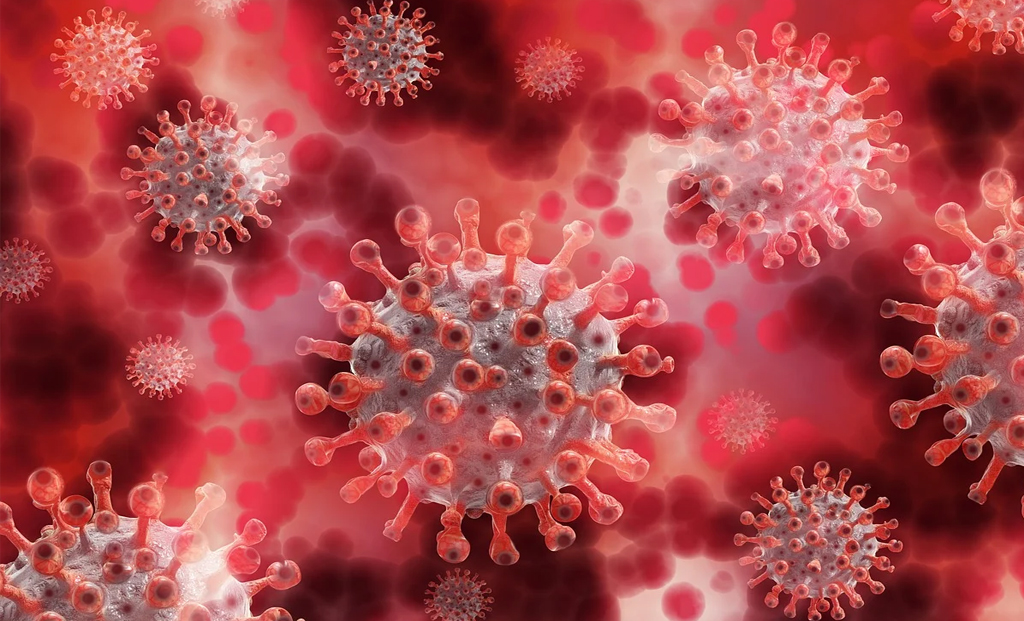Dr. Meena Muthiah Consultant – Obstetrics & Gynaecology, Manipal Hospitals, Old Airport Road
Since the outbreak of the COVID-19 pandemic, people have been affected in different ways, triggering a number of complications, apart from the coronavirus attack itself. Several factors contribute to the type of problems one could face post contracting COVID. While some people, especially those with compromised immune system or co-morbidities, need intensive care, others with better immune systems or early diagnosis can recover soon. However, the post-COVID complications can also lead to a lot of issues related to well-being, affecting the recovery of the person.
Interestingly, not many know that gender also plays a significant role in the type of post-COVID complications. As the pandemic has progressed, the understanding of how the virus works continues to expand. While research and studies have indicated that men have a higher death rate, women are likely to suffer long-term consequences, hindering their way of life. From muscle and joint pain, fatigue, weakness, breathlessness, and brain fog to clinical symptoms of anxiety, depression, and post-traumatic stress disorder, the list of post-COVID complications in women continues to grow.
Following COVID recovery, there is a more common occurrence of miscarriages among women in early pregnancy. Placental inflammation by Covid 19 virus is the reason for miscarriages in early pregnancy.
While there have not been many complications in mid-pregnancy, during late pregnancy expectant mothers tend to get into early labour, with short duration of labour. Furthermore, there is increased incidence of meconium-stained liquor, a situation where the baby passes stools in the womb. As in any fever the raised temperatures cause distress in the fetus due to less oxygen supply. This results in meconium-stained liquor probably. Themeconium stained liquor on the baby results in pnuemonitis and all other organ involvement, including the brain which can end up in delayed milestones in child’s development.
In non-pregnant women who have recovered from COVID, there is impairment to their general health. Women experience myalgia (pain in muscles) and tiredness for four to six weeks after recovering from COVID. The sugar levels in the body are not controlled well, partly due to medication like steroids, or due to the disease itself. The blood sugars are elevated due to the steroids used for treating Covid 19.
Many women have experienced inconsistencies in their menstruation cycles, the arrival of PMS-related symptoms, pain, and hormonal imbalances. Many women have experienced an increase in bleeding due to their being on blood thinners. The blood thinners used in treating Covid 19 increases the bleeding due to its action the coagulation pathway.











